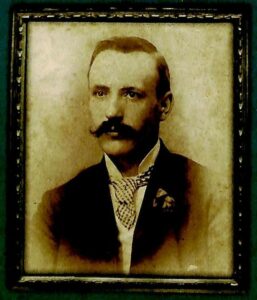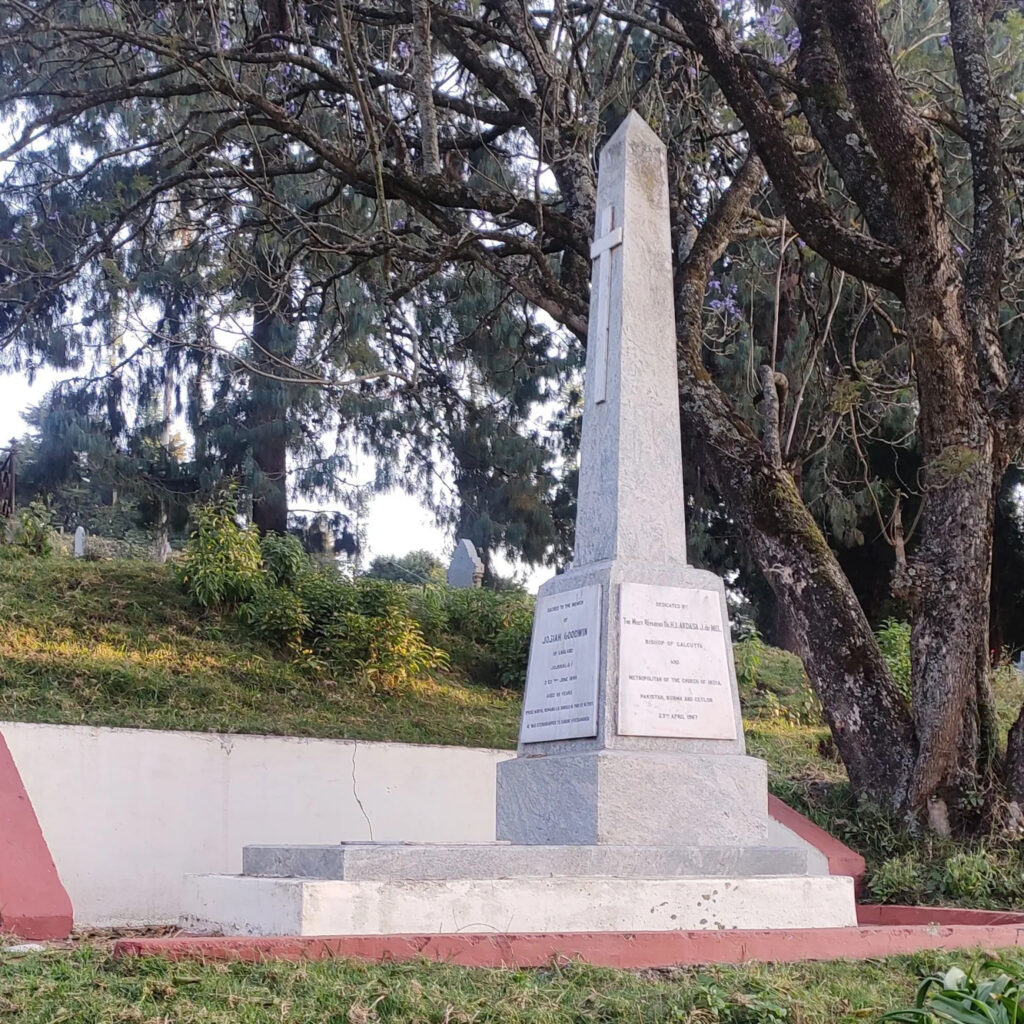
Josiah John Goodwin (1870-1898)—Young British bachelor, excellent stenographer, ardent disciple of Swamiji whom he served as stenographer and secretary (1895-98), “…whose work for Swamiji was to be of incalculable importance to the Vedanta movement” (Swami Vivekananda in the West—New Discoveries, Vol. 3, p. 335). Came to America at the age of 25 with 11 years’ experience of journalistic training, editing of newspapers and service as court-reporter. Engaged by New York Vedanta Society from 12.12.1895 at 228 West 39th Street, New York City as shorthand writer. “From that day (12.12.1895) forward he caught the whole Western message verbatim, as it fell fresh from Swamiji’s lips, taking down almost every lecture and class from mid-December of 1895 to mid-December of 1896 and as far as we can know, transcribing the most important of them” (Swami Vivekananda in the West—New Discoveries, Vol. 4, p. 487). Dedicated to Swamiji heart and soul, regretfully accepted a salary just enough for his upkeep. Became Swamiji’s secretary and faithful companion. Initiated into brahmacharya by him (20.2.96). Travelled to England with him (15.4.96). Returning with Swami Saradananda to New York (2.7.96), went back (20.10.96). Came to India with Swamiji (1897) and travelled with him from Colombo to Almora, faithfully recording all lectures. Sent to Madras (July 1897) to help Alasinga with the Brahmavadin and to bring out a new English daily. In November 1897 spent brief period in Swamiji’s company in Jammu and Lahore taking down, for the last time, his lecture on “Veda”. In Madras joined the Madras Mail for independent income for himself and his mother and went to Ootacamund where he died of enteric fever (2.6.1898). “Now my right hand is gone, my loss is incalculable,” said Swamiji. Later he wrote, “…The debt of gratitude I owe him can never be repaid and those who think that they have been helped by any thought of mine, ought to know that almost every word of it was published through the untiring and most unselfish exertions of Mr. Goodwin. In him I have lost a friend true as steel, a disciple of never-failing devotion … and the world is less rich by one of those few who are born, as it were, to live only for others” (Life of Swami Vivekananda, Vol. 2, pp. 349-50). Composed an elegy “Requiescat in Pace” which he sent to Goodwin’s mother and which was inscribed on the 10-foot high tombstone at the head of Goodwin’s grave in St. Thomas’ Church at Ootacamund. Mahendranath Datta wrote a short biography of Goodwin in Bengali (1957). His experience with Indians in India had not pleased him but that did not affect his loyalty to Swamiji from whom he remained separated for long periods during his brief stay in India.
